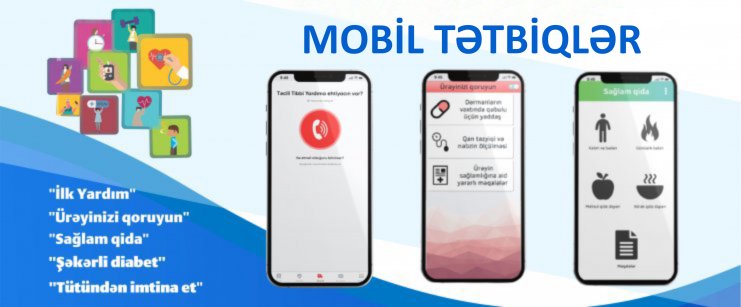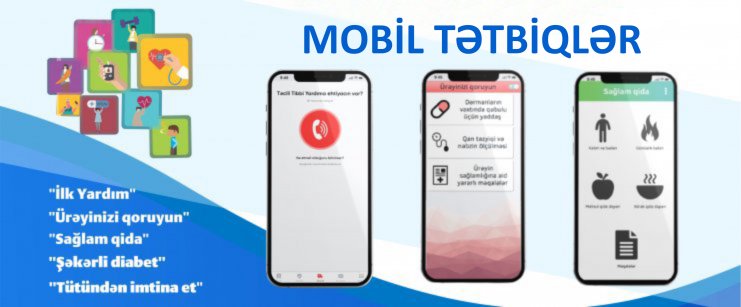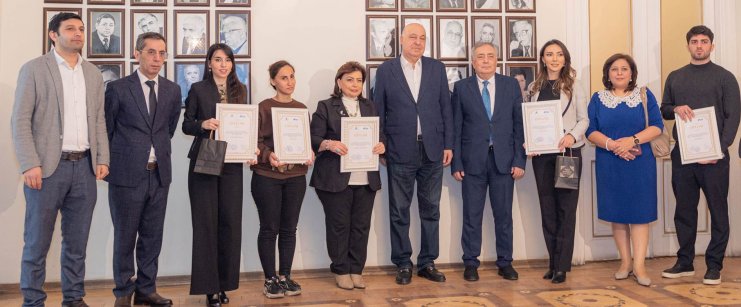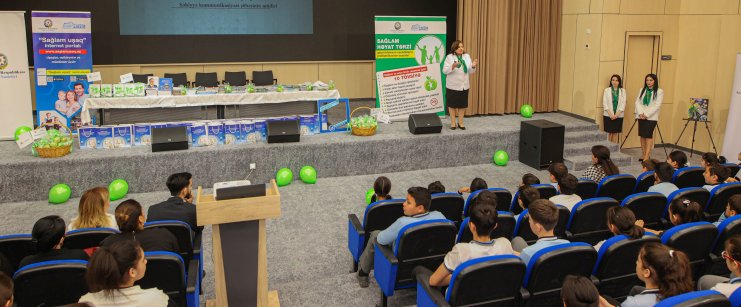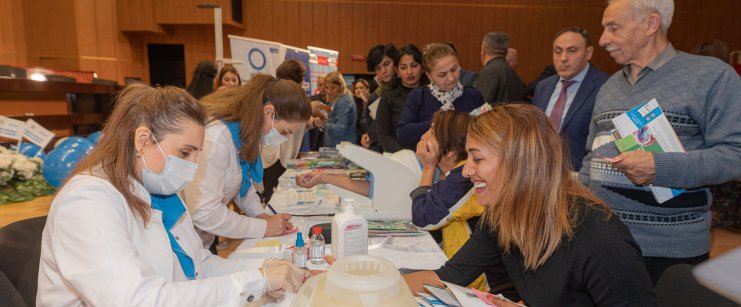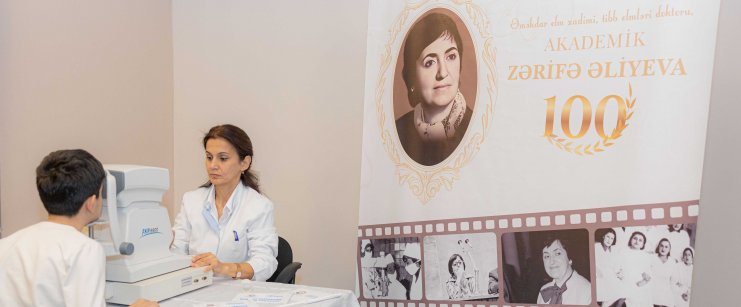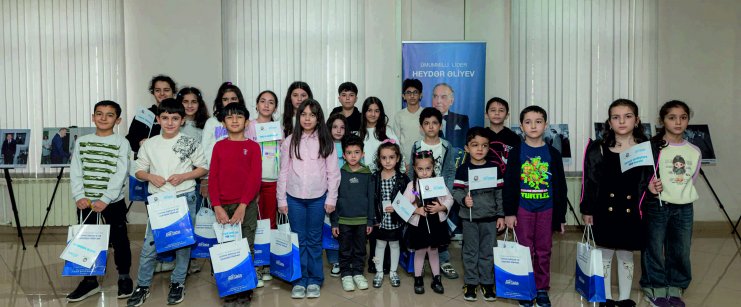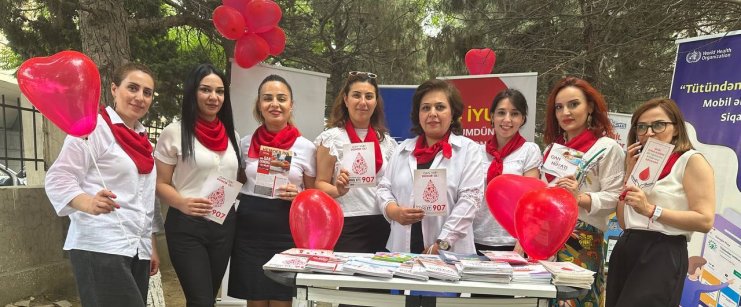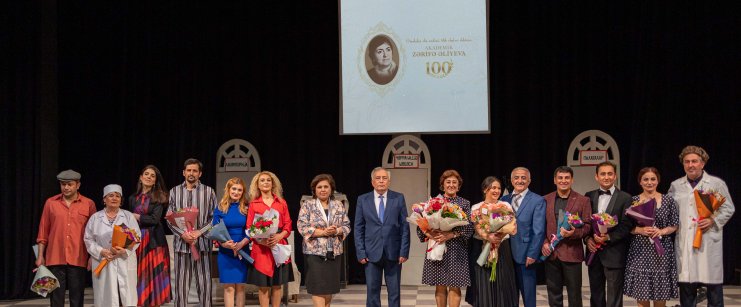27 JANUARY 2015
PHRC delegate represented Azerbaijan at the Technical Consultation Meeting on European Physical Activity for Health Strategy.
Physical activity reduces the risk of developing cardiovascular diseases, arterial hypertension, diabetes, and some cancers, contributes to mental well-being, develops basic motor skills in children and adolescents, and helps people maintain mobility and independence in old age. Today, worldwide there is a large shift towards less physical activity, especially, among children and adolescents. Research findings also show that there are disparities in the levels of physical activity between social groups within the country and across European Region member states. Physical inactivity is a threat to health and may even lead to death.
Member States' recognition of the importance of physical activity on a global level resulted in the adoption of the World Health Organization (WHO) Global Action Plan on the Prevention and Control of non-communicable diseases (NCDs) 2013-2020. According to this document it is planned to reduce the prevalence of insufficient physical activity by 10% by 2025.
In 2013, with the participation of European Ministers of Health, the Vienna Declaration on Nutrition and Non-communicable Diseases in the Context of Health 2020 was adopted. The need to develop a separate physical activity strategy for the European region was first stated.
On January 27-28, 2015 with the support of the WHO Regional Office for Europe the Technical Consultation Meeting on the European Physical Activity for Health Strategy took place in Zurich, Switzerland. The aim of the meeting was to discuss the first draft of the European Physical Activity Strategy and view proposals and recommendations from Member States. Azerbaijan was represented at the meeting by Dr. Tofig Musayev, Head of the Population Health Department of the Public Health and Reforms Center of Ministry of Health (PHRC).
The Strategy draft will be based on the principles of Health 2020 - a European health policy framework and strategy for the 21st century, and comply with the provisions of the WHO current framework programs and strategies, such as the WHO Global Action Plan for the Prevention and Control of NCDs 2013-2020, the European Strategy for the Prevention and Control of NCDs, the Global Strategy on Diet, Physical Activity and Health, and the Global Recommendations on Physical Activity for Health.
Presentations delivered at the meeting were focused on the most recent scientific evidence in the areas of physical activity and health outcomes. To outline main directions in further development of physical activity a Zero Draft of the Physical Activity Strategy 2016-2025 was presented and discussed by the national representatives at the technical consultation. The meeting was also focused on discussion of national practices in physical health promotion, emerging new scientific evidence and their use for drafting a new strategy.
PHRC expert Dr. Tofig Musayev told about the activities on physical activity promotion implemented in Azerbaijan, having stressed the importance of public health activities for today. As part of the meeting further details on the Strategy prospects, leading principles and priorities were presented: "The Strategy offers guidelines to Member States, as well as serves as a guiding manual for planning further policies. All actions must be based on the fundamental values and principles of the European health care policy framework - Health 2020. Solutions must be based on the principle of promoting health across all stages of life. To help increase levels of physical activity the Strategy must refer to the most reliable and recent scientific evidence."
Following the discussions on further strategy development, allocating responsibilities and taking appropriate actions, the proposals of Member States delegates were made: "According to the Strategy draft it is essential to take measures for the active public involvement to achieve the principles in physical development, develop policies to remove possible barriers, as well as open new possibilities for an active lifestyle."
The key outcomes of the meeting will be used to help draft further strategy and in the work of the Secretariat, forthcoming technical and policy consultations and the meeting of the Standing Committee of the Regional Committee.
The consultation was also aimed to develop further strategy and actions ahead of the regular (65th) session of the WHO Regional Committee for Europe in Vilnius, Lithuania, in September 2015.
